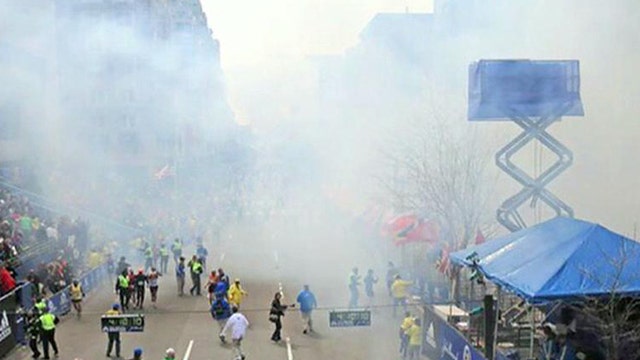How to Make Safe Donations to Help Boston Bombing Victims
The tragedy in Boston has many Americans searching for ways to help the city and victims, and the Federal Trade Commission is warning consumers to research charities before making donations.
In a release Friday, the FTC is cautioning all potential donors to properly examine any agency, charity or person to ensure donations go toward reputable organizations, as scams run rampant in times of need.
“Urgent appeals for aid that you get in person, by phone or mail, by e-mail, on websites, or on social networking sites may not be on the up-and-up,” the FTC says on its website. “Unfortunately, legitimate charities face competition from fraudsters who either solicit for bogus charities or aren't entirely honest about how a so-called charity will use your contribution.”
The commission offered these tips for consumers on its site:
- Donate to charities you know and trust. Be alert for charities that seem to have sprung up overnight in connection with current events, like the bombing.
- Ask if a caller is a paid fundraiser, who they work for, and what percentage of your donation goes to the charity and to the fundraiser. If you don’t get a clear answer — or if you don’t like the answer you get — consider donating to a different organization.
- Don’t give out personal or financial information — including your credit card or bank account number — unless you know the charity is reputable.
- Never send cash: you can’t be sure the organization will receive your donation, and you won’t have a record for tax purposes.
- Check out the charity with the Better Business Bureau’s (BBB) Wise Giving Alliance, Charity Watch, or GuideStar.
- Find out if the charity or fundraiser must be registered in your state by contacting the National Association of State Charity Officials.




















